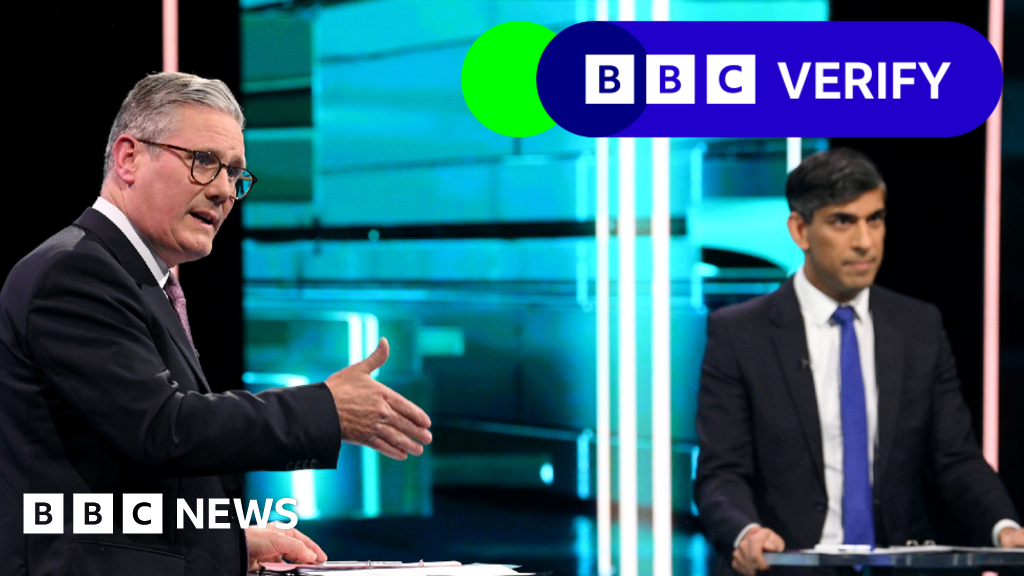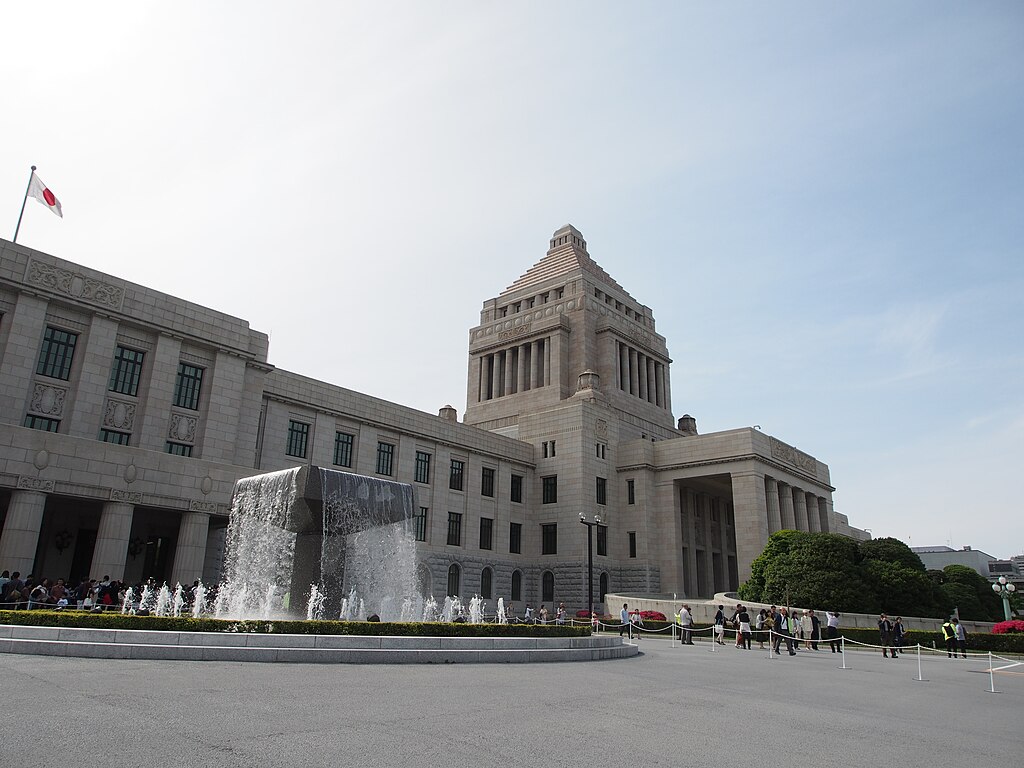HR is no stranger to change, and managing that change is integral to HR’s success. However, in recent years, a once relatively steady workplace transformation process has accelerated and grown more complex, particularly as AI in HR becomes more common. As that happens, CHROs are expected to take the lead in helping their organizations navigate that increased change.
“Over the last few years, the role of the CHRO has undergone a profound transformation, evolving into a highly strategic function within organizations,” says Laura Coccaro, chief people officer at talent acquisition technology provider iCIMS.
The organization recently surveyed thousands of CHROs and chief people officers in the U.S., U.K. and France from companies with more than 1,000 employees, as well as 1,000 employed U.S. adults. The results confirmed that the HR leader role is increasingly focused on keeping up with the complexities of change.
“From navigating skills shortages to leveraging emerging technologies like AI for talent recruitment, CHROs are faced with a myriad of competing priorities that each require careful attention,” Coccaro says. “And our newest data clearly demonstrates that, in this landscape, no single priority takes precedence.”
While HR leaders are challenged to keep pace with competing priorities, technology, mainly AI, surfaced as a particular area of concern in the iCIMS CHRO Report. For one thing, it appears AI is not just a phase, as 65% of CHROs plan to implement AI into recruiting processes, with 40% planning to do so in the next 12 months. An additional 29% are already using AI in recruiting.
The report found that AI investments are being directed toward various aspects of HR management—with HR leaders reportedly using the technology to generate interview questions (33%), draft candidate communications (32%) and create job descriptions (32%).
“CHROs are eager to harness the power of AI for HR and TA processes to better navigate the complexities of modern HR more effectively and unlock new opportunities for organizational success,” says Eric Connors, iCIMS’ chief product officer and an HRE 2024 Top HR Tech Influencer. “Yet, they are also grappling with concerns over AI advancements.”
When CHRO leaders were asked what business challenges are keeping them up at night, 21% ranked integrating AI in HR and TA processes as a top concern; other top concerns include a lack of qualified candidates in talent pipelines, retaining top performers and economic uncertainty.
Leveraging a strategic mindset
One area of opportunity for HR is communicating the benefits of AI adoption internally, as 60% of employees surveyed are unsure how critical AI will be in their jobs over the next year.
Connors says CHROS must recognize that their role has evolved into that of a strategic advisor; however, they should not undertake the AI journey alone.
“CHROs should collaborate closely with other C-suite leaders, including the CIO and chief product officer, to ensure that AI initiatives are aligned with broader organizational goals, leverage existing technological infrastructure and address potential data privacy concerns,” he says. “This partnership is crucial in maximizing meaningful change across the organization.”
Coccaro says the level of strategy HR must bring to AI implementation mirrors how it should consider the function’s other pressing concerns and evolving responsibilities. For instance, more than half of CHROs say they are spending more time on talent acquisition today than they did two years ago.
“As we think about planning for the future of work, we must be strategic in our approach to attracting and retaining our skilled, talented workforces in order to drive organizational resilience and success,” she says.
Credit: Source link









